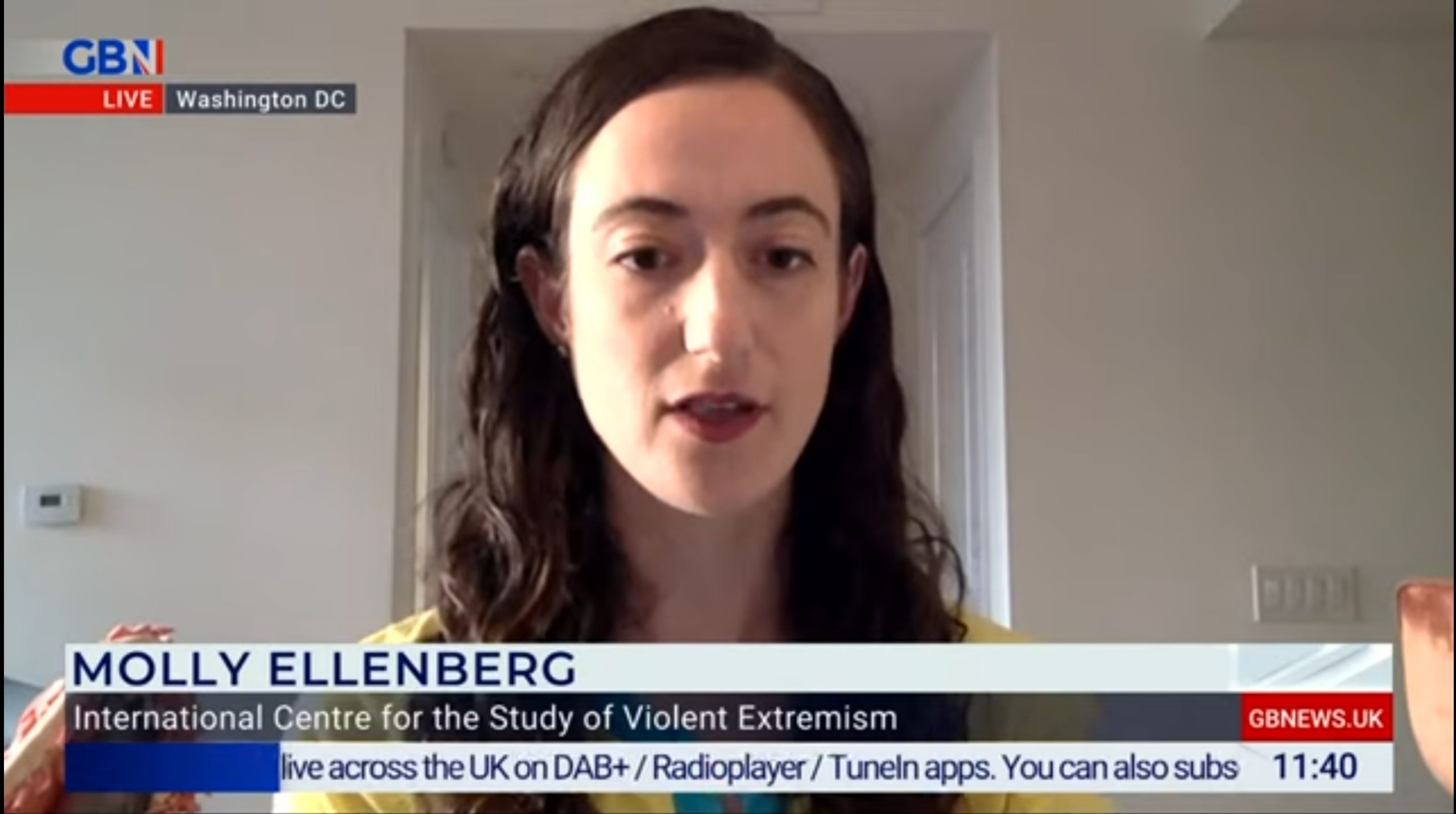
Facebook and Twitter are Losing the War against ISIS Expert Says
Sydney Morning Herald article quoting ICSVE Director, Anne Speckhard, Ph.D.
By Matthew Hall
March 12, 2016
Amid strained relations between the US government and global tech companies over how to best counter terrorism, a leading academic has called for Twitter and Facebook to be more proactive in shutting down terror organisations that use social media platforms as propaganda and recruitment tools.
“Social media is providing terrorists with unprecedented and unfettered access to millions of individuals around the globe,” said Marie-Helen Maras, an Oxford-educated professor at John Jay College of Criminal Justice in New York City.

“It is also giving terrorists exactly what they want — a stage to bring worldwide attention to their cause.”
Maras, who served with the US Navy for seven years and supervised counter-surveillance operations during the Iraq war, said social media companies claim terrorist accounts have no place on their platforms — yet they proliferate on the sites.
“Terrorist use of social media should be quashed,” she said.
“In order to accomplish this we need to ensure social media platforms are proactively monitoring, identifying, blocking, and ultimately removing terrorism-related content.”
Currently, Maras said, companies like Twitter and Facebook only act against accounts at the request of a user and make a decision to remove questionable content based on their terms of service.
This can result in an account that posts images containing nudity — or a mother breastfeeding — being banned, while extremist propaganda goes unchallenged. Maras said the key element to companies being proactive is terrorist organisations contravening a platform’s terms of service.
“The primary responsibility for finding this content online is placed on the public,” Maras said.
“This should not be the primary responsibility of the public — it should be the primary responsibility of the social media platforms.
“It is the company’s own terms of service [that are being violated] so they should be responsible.”
The issue is a challenge for the US government. The Department of Justice hosted a meeting last month that brought together technology, media, public relations and advertising agencies to discuss ways to combat groups like ISIS online.
Even ISIS has claimed that it takes three days to review an account and take it down but they can open up a new one in less than a minute.Dr Anne Speckhard
Dubbed the “Madison Valleywood Project”, attendees at the Washington DC pow wow included representatives of Microsoft, Facebook, Apple and Google. In other moves to engage with tech companies on security issues, the Department of Defense has opened an office in San Francisco and the State Department has appointed a representative to Silicon Valley.
The internet is an ideological battleground where extremists can claim many victories. According to Dr Anne Speckhard, an academic who has interviewed more than 400 terrorists about their motivation and experiences, ISIS is adept at using social media as a recruiting tool.
“We must acknowledge ISIS is winning on many fronts, particularly the internet,” she told Fairfax Media.
“Even ISIS has claimed that it takes three days to review an account and take it down but they can open up a new one in less than a minute.”
Last month, Twitter announced it had suspended 125,000 accounts associated with extremism since the middle of 2015 and expanded teams that review reports of accounts connected to extremism and to remove the accounts more quickly.
In a statement posted on its website, the company claimed there was “no magic algorithm” for identifying terrorist content on the internet.
“As an open platform for expression, we have always sought to strike a balance between the enforcement of our own Twitter Rules covering prohibited behaviours, the legitimate needs of law enforcement, and the ability of users to share their views freely — including views that some people may disagree with or find offensive,” the statement read.
Yet according to Maras, social media has handed terrorist organisations the chance to amplify their messages.
“Before social media platforms most of these activities were not easily found online,” she said.
“They existed but they were in websites that had to wait for a visitor to come to them. Now, they have immediate access to individuals all over the globe.”
ISIS is sophisticated in its social media strategy. It developed its own app called The Dawn of Glad Tidings, which was downloadable from Google’s Play store. The app posted automated ISIS propaganda tweets piggybacking on a user’s Twitter account.
The app first went into use in April 2014 and hit a high of almost 40,000 tweets in one day as ISIS took control of the Iraqi city of Mosul that year.
“The reality is that there are solutions to dealing with terrorists’ use of social media,” said Maras.
“It is not that key players cannot proactively deal with terrorists’ use of social media. It is that they won’t.”



